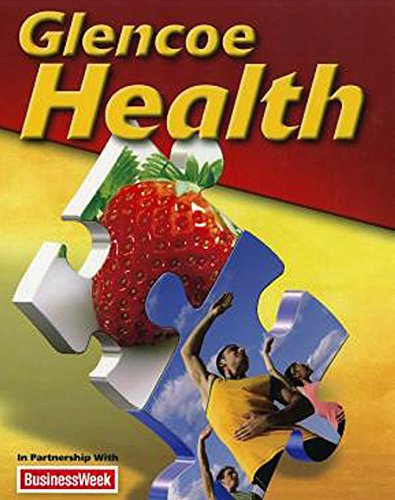
All Solutions
Section 28.1: Community and Public Health
A $textbf{specialist}$ is a physician who has undergone extra years of medical training specializing in a particular body system or certain diseases and patients.
item Clinic
item Hospital
item Specialized health care facilities
end {enumerate}
* $textbf{International Committee of the Red Cross}$
* $textbf{U.S. Agency for International Development}$ ($textbf{USAID}$)
* $textbf{Peace Corps}$
* $textbf{Cooperative for Assistance and Relief Everywhere}$ ($textbf{CARE}$)
item World Health Organization (textbf{WHO})
item United Nations Children’s Fund (textbf{UNICEF})
end{enumerate}
textbf{Fee-for-service Insurance Advantages}
end{center}
begin{enumerate}
item Patients can choose freely from any physicians and hospitals that allow the defined payment.
item Payment is standardized for all medical providers based on the service given. The physician can offer to provide more treatments because each service is paid separately.
end{enumerate}
begin{center}
textbf{Managed Care Advantages}
end{center}
begin{enumerate}
item There’s a list of healthcare providers and referrals working in this integrated system. This makes health referrals quicker and the medical records easier to access in between doctors. Benefits may also cover pharmaceuticals and easier prescription refills from pharmacies.
item The providers need to pass a certain accreditation to be eligible for managed care. Thus, the services offered are more comprehensive. It may even include preventive medical care services.
item Healthcare costs are usually fixed and contained in a bundle of services.
item The out-of-pocket expenses are less compared to traditional insurances.
end{enumerate}
$$
textit{About WHO}
$$
The $textbf{World Health Organization}$ ($textbf{WHO}$) is the directing and coordinating authority on international health within the United Nations’ system. WHO experts produce health guidelines and standards, and help countries to address public health issues. WHO also supports and promotes health research. Through WHO, governments can jointly tackle global health problems and improve people’s well-being. 193 countries and two associate members are WHO’s membership.
$$
textit{What they do}
$$
$$
textit{Universal Health Coverage}
$$
* focus on primary health care to improve access to quality essential services
* work towards sustainable financing and financial protection
* improve access to essential medicines and health products
$$
textit{Health Emergencies}
$$
* prepare for emergencies by identifying, mitigating, and managing risks
* prevent emergencies and support development of tools necessary during outbreaks
* detect and respond to acute health emergencies
$$
textit{Health and Well-being}
$$
* address social determinants
* promote intersectoral approaches for health
* prioritize health in all policies and healthy settings
$textit{Source: who.int}$
$textit{For more information, visit their official website.}$
textbf{Tips Ahoy: Teenagers Guide to Staying Healthy}
end{center}
Most teens are living their best days and some even feel invincible. They go out a lot, party a lot and sometimes forget that their bodies also get tired. If you are a teenager, here are some tips to be proactive with regards to your own healthcare.\
begin{enumerate}
item textbf{Balance Is Everything.} Like machines, our body needs the energy to function. Thus, it is important to understand the need to balance out the energy intake and output. The food we eat serves as our fuel to move and think. Eating the right amount and types of food will determine how long the body can endure different types of tasks.
item textbf{Call It Calories.} Having said that the body needs balance, it is also advisable to know the body’s caloric needs which may differ depending on age, sex, and level of activity. Counting the daily caloric needs will help us determine if what we are taking in is enough to sustain the body’s needs.
item textbf{Hold Me While You Weigh.} Teenage years mark a lot of development in the body not only physically. Furthermore, this is also the time some teens feel insecure with their weight that they tend to lose or gain weight in very unhealthy ways. These are the years in which teens build a strong support system from their family and peers to help them throughout their weight loss or gain journey.
item textbf{Skip The Apple Sometimes.} Have a regular consultation with a physician even if everything feels normal. Before going to the doctor’s clinic, make a list of things that you want to ask your healthcare provider. Make a list of your medications including vitamins and supplements that you are currently taking and have them checked by the doctor. It always pays to be inquisitive especially when it comes to one’s health.
end{enumerate}
Follow these tips and your journey to a healthy body and sound mind will be a breeze.\

